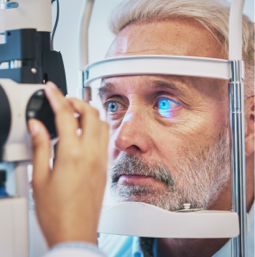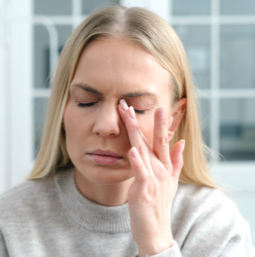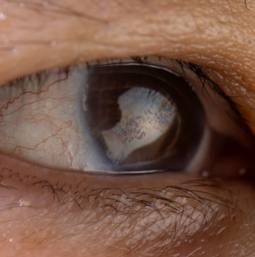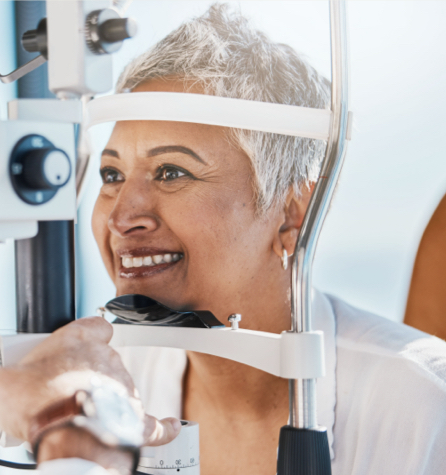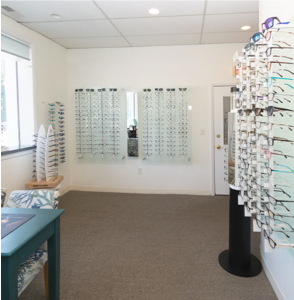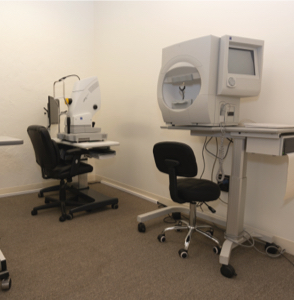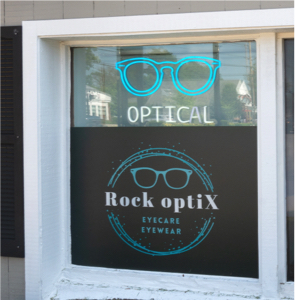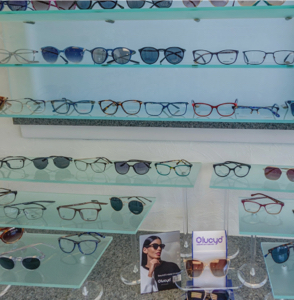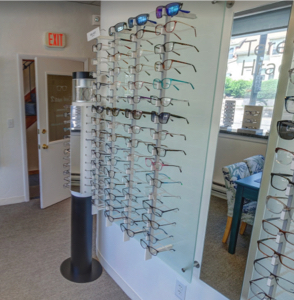Sunlight is one of the most amazing things in the world. It feels great, even if it makes you squint. But while sunlight is crucial for life on Earth, it is not always safe—it can lead to an increased risk of all kinds of eye conditions if you don’t properly protect your eyes with a pair of sunglasses. But not every pair of sunglasses is the same.
If you spend a lot of time outside in the sun, it may be worth thinking about a pair of polarized sunglasses. They can be a worthwhile investment that protects your eyes from UV rays, glare, and more. Make sure that you purchase a pair labeled “100% UV protection.”
The Importance of Proper Sun Protection
When you step out into the sun, there are a few key things to remember: slather on the sunscreen, step into the shade where possible, and slip on your sunglasses. But why exactly do we do this?
The sun emits ultraviolet (UV) rays, and while they are a much-needed source of vitamin D, overexposure can lead to potential problems. Overexposure to the sun can lead to sunburns and eye fatigue since your eyes have to work harder to accommodate the bright light.
But this is about more than just some minor inconveniences. Extended exposure to sunlight can also lead to an increased risk of:
- Cancer
- Cataracts
- Age-related macular degeneration
- Pterygium (surfer’s eye)
- Photokeratitis (a sunburn of the cornea)
So, next time you consider leaving your sunglasses at home, think again—there’s more at stake than style. But there is also another thing to consider: whether or not your sunglasses are actually protecting your eyes.
Polarized vs. Non-Polarized Sunglasses
When you shop for sunglasses, you might notice that almost every pair is labeled “polarized” or “non-polarized.” What does this actually mean?
A non-polarized or regular pair of sunglasses helps reduce how much light enters through the lens. This can be a great way to deal with bright sunlight, especially on the sunnier days of the year. There is a catch, though. They may not always be the best at reducing harsh reflections or glares from water, pavement, glass, or other materials.
Polarized sunglasses, on the other hand, are great for dealing with glare. They contain a special filter that blocks intense reflected light, reducing glare and making images appear sharper. Think of them a bit like noise-canceling headphones for your eyes; cutting out the visual “noise” prevents glare from overwhelming your vision.
But whether you plan on purchasing polarized or non-polarized glasses, there is something even more important to focus on: you want to buy a pair with a “100% UV protection” label. This is the golden ticket for sunglasses. While the polarization determines whether or not the sunglasses protect you from glare and harsh reflections, UV protection is the piece of the puzzle that protects you from those harmful rays from the sun.
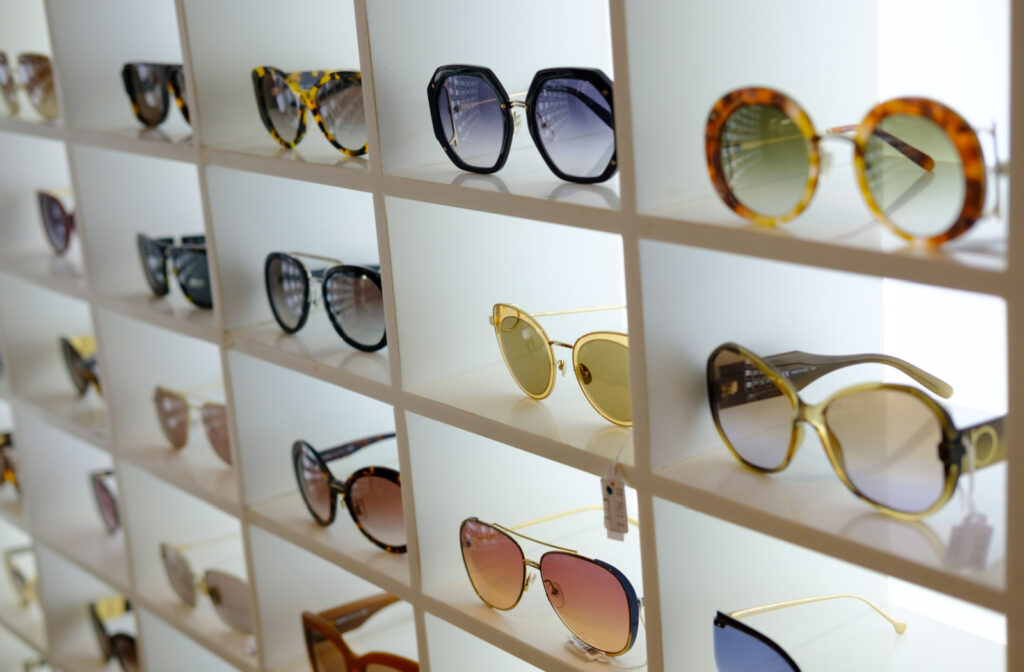
The Benefits of Polarized Sunglasses
Polarized sunglasses can offer more than just UV protection. These glasses are designed to reduce the overall strain your eyes go through when you spend time outside. This way, your eyes don’t have to work so hard to see when harsh reflections or glare surrounds you. Polarized glasses will filter it all out so you can enjoy your day.
This is particularly helpful when you spend a long time outside. You can end your day without feeling that heavy, sore sensation in the eyes often associated with glare and squinting. They can be ideal for people who enjoy water sports or winter activities, where the sunlight can reflect off the snow and the water, for example.
When to Wear Polarized Sunglasses
While a proper pair of polarized sunglasses can be an incredible option, they may not always be the go-to choice for every situation. Their glare-reducing properties can make it difficult to see some screens clearly, so a polarized pair of glasses may impact your abilities behind the wheel if your vehicle uses screens or any LCD navigation system.
They also can be difficult to see through in low-light situations or at night. Because glare will not often be a problem when the sun sets for the day, the polarizing effect may reduce visibility. In these situations, it helps to avoid your polarized glasses until the sun is back out and shining.
However, they can be highly beneficial if you enjoy:
- Fishing
- Sailing
- Hiking
- Skiing
- Golfing
- Any other activity where you spend time out in the sun
Whether you plan on being out on the water, hitting the slopes, or going for a stroll, a pair of polarized sunglasses may help you see the world in an entirely different way.
Where to Find Polarized Sunglasses
If you are in the market for a new pair of polarized sunglasses, talk to our Rock optiX team or check out our online store. We have plenty of different polarized sunglasses ready for you in various styles. Take on the sunlight with style, and book an appointment with our team today!



